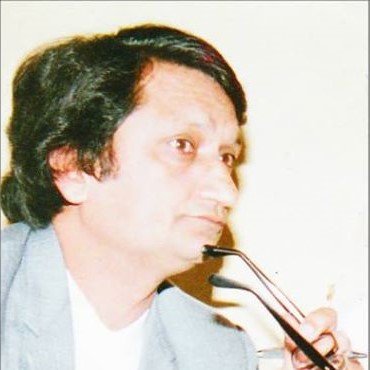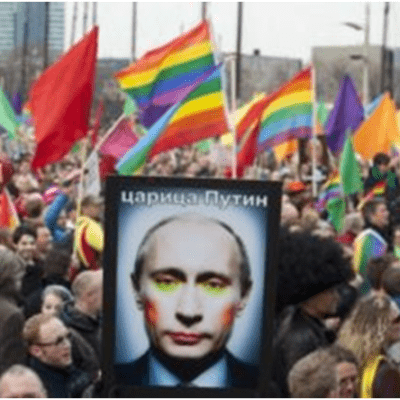Can we have drug free world, where people can live with peace instead of having druggists around us are creating mess everyday around us in our cities, countries, states including fights, homelessness, thefts, murders, rapes and further more dying using over dose drugs, may be not (we can’t have drug free world), because drug cartels are shipping drugs now in bulk as the Uruguay customs officials say they have seized more than four tons of cocaine, with an estimated value of $1.3 billion, at a seaport in Montevideo, the drug was reported to be hidden in soy flour containers destined for Lome, the capital of Togo.
Another 1.5 tons was later found on a ranch, according to the local reports.The drugs have an estimated total street value of about $1.3bl (£1bn). Uruguay is increasingly being used as a transit point to move drugs from Latin America to Africa, USA and Europe.
In November2019, authorities uncovered a container with three tonnes of cocaine, also in Montevideo, bound for Cotonou in Benin via the Spanish island of Tenerife.
According to the statements put forward by the officials, the 4.4 tonnes found recently, came to light when scanners at Montevideo’s port showed “anomalies” in the containers. Policy discussions around issues such as border security, drug trafficking, and the opioid epidemic include questions about illicit drug flows into other countries via seaports and other mediums.
According to a report published by United Nation’s Office On Drugs and Crime (UNODC). About 275 million people worldwide, which is roughly 5.6 per cent of the global population aged 15–64 years, used drugs at least once during 2016.
Some 31 million of people who use drugs suffer from drug use disorders, meaning that their drug use is harmful to the point where they may need treatment. Initial estimations suggest that, globally, 13.8 million young people aged 15–16 used cannabis in the past year, equivalent to a rate of 5.6 per cent.
Roughly 450,000 people died as a result of drug use in 2015, according to WHO. Of those deaths,167,750 were directly associated with drug use disorders (mainly overdoses). The rest were indirectly attributable to drug use and included deaths related to HIV and hepatitis C acquired through unsafe injecting practices.
Drugs such as heroin and cocaine that have been available for a long time increasingly coexist with NPS and there has been an increase in the non-medical use of prescription drugs (either diverted from ilicit channels or illicitly manufactured).
The non medical use of pharmaceutical drugs is also an issue of major concern. In North America, illicitly sourced fentanyl, mixed with heroin or other drugs, is driving the unprecedented number of overdose deaths. In Europe, the main opioid of concern remains heroin, but the non-medical use of Methadone, Ibuprenorphine and Fentanyl have also been reported. In countries in West and North Africa and the Near and Middle East, the non-medical use of Tramadol, a pharmaceutical opioid that is not under international control, is emerging as a substance of concern, according to UNODC data.
The focus for global seizures of drugs remains the common entry ports for sneaking in illicit drug material. The effect of drugs can be and have been proved to be fatal. The life on drugs is simply a life of denial and escapism.
Who is to blame?
A person who is Mon drugs is already a master of blame games. The addict either blames a person, calling himself/herself a victim of ‘peer pressure’ or blames the situations which lead him/her to chose the path of drugs. Some also are a victim of curiosity leading to addiction.
The one time ‘try and forget’ doesn’t really works for all. The pseudo pharmaceutical practitioners and the so called ‘pal chemists’ who out of “friendships” deliver the drugs over the counter can be one on the blame list. The other to blame are the concerned authorities who are supposedly keeping a check on these drugs being trafficked via unknown routes which are ironically known to only the traffickers.
According to a report by euronews The EU drugs agency warned earlier this year of an “Urbanisation” of the drugs market including facilitating drug trafficking on the internet.
Cocaine seized by authorities doubled in 2017 to 140 tonnes – up from 71 tonnes a year earlier, for instance.
The report warns that organized crime groups can exploit a “more globally connected and technologically enabled” market. Messaging apps, social media, and “darknet markets” have all facilitated drug sales, the government agencies said.
“This report is a clear wake-up call for policymakers to address the rapidly growing drug market, which is increasingly global, joined-up and digitally enabled,” said Alexis Goosdeel, the director of the drugs agency, known officially as the European Monitoring Centre for Drugs and Drug Addiction.”
In another paradoxical situation of federally legalizing the use of cannabis or marijuana has caught a lot of attention even in the United States of America and Canada, where cannabis are sold in shopping malls and are advertised on social media and billboards. The questions are many and so are the forms of drugs that are parasitically harming the whole economy and health of individuals worldwide.





